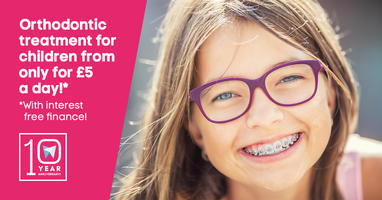Unbeknownst to our staff here, several American dental associations banded together to raise awareness about sports injuries, and named March of 2014 the National Facial Protection Month. This is an important issue, and one that touches on orthodontics in several ways. First of all, twisted and rotated teeth, and teeth that are pushed back or front or sideways, have to be corrected using orthodontic treatment. If the tooth is still in and in no danger of falling out, it will need to be put in a non-pathological position, and orthodontics are necessary for that. The second is the use of mouthguards.
Mouthguards
A proper mouth guard is one that is made by an orthodontist or a dental technician. The mouthguard takes the shape of your teeth, and should not be pushing or pulling on any of your teeth. It should rather cover them in the way a sheath covers a sword, fitting perfectly and quite snuggly, giving comfort and protection. A general, one-size-fits-none mouthguard is inferior in many ways, thus a fitted mouthguard is definitely the way to go for professional athletes. But even recreational sports lovers should think about this piece of equipment, as the cost of correcting injuries to the mouth is often quite high.

Sports related dental injuries
A cheap, general sort of tooth guard may help in reducing the occlusal forces on your teeth when they knock together, and may create a barrier from a pesky elbow or a ball thrown poorly, but it will not protect against most injuries, and may even cause harm. Even sports that do not seem like they need a mouthguard, like basketball or baseball, which have minimal to no contact between contestants, is safer when your teeth are protected.
Teeth can be knocked out, broken or twisted in their sockets from falling or from a ball to the face. Gums can be damaged quite thoroughly during one of these falls or bumps or accidents, as the twisting or knocked out tooth gets twisted in, or knocked out of gingival tissues, which will become lacerated and ruined in the process. A mouth guard protects both the soft and the hard tissues. The gums of course can get injured by themselves, and can create bruising, bleeding, swelling and a speech impediment. The jaws can also be hurt during sports activities. Suffering trauma to the side of the face can leave your TMJ, the joint that connects your lower and upper jaws shattered and useless. Having your teeth be clenching a mouth guard puts the TMJ muscles on alert, and they are less likely to suffer trauma that way.
So this month, whether you’re playing football with some friends on the weekend or playing on a proper team, why not take just a moment to consider whether your teeth are getting all the protection you can provide.
image: 1.

